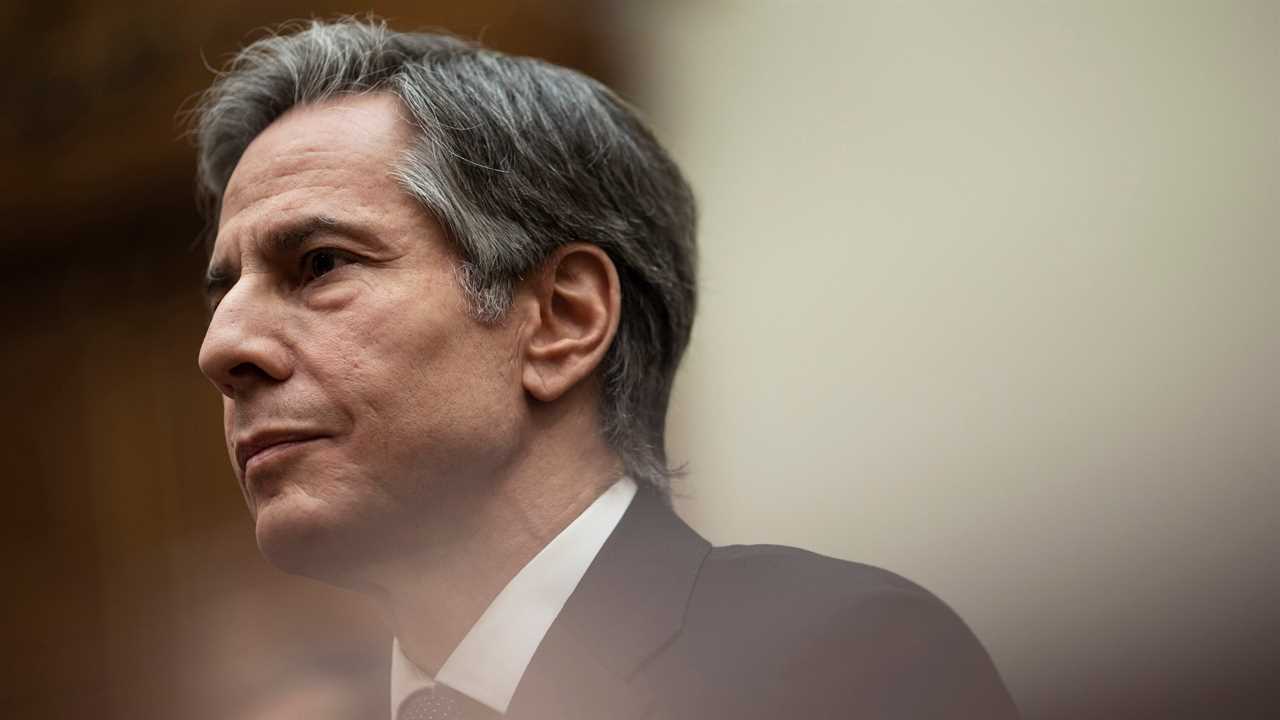
WASHINGTON — Secretary of State Antony J. Blinken and Jake Sullivan, President Biden’s national security adviser, will meet next week with two senior Chinese government officials, the Biden administration’s first in-person diplomatic encounter with its chief foreign rival.
In a statement on Wednesday, a State Department spokesman said that Mr. Blinken and Mr. Sullivan would meet in Anchorage next Thursday with China’s foreign minister, Wang Yi, and its top diplomat, Yang Jiechi.
The meetings will follow visits next week by Mr. Blinken and Defense Secretary Lloyd J. Austin III to Japan and South Korea, two core U.S. allies that have fraught relations with China and that would expect to be consulted before an engagement like the one planned with Beijing.
“It was important to us that this administration’s first meeting with Chinese officials be held on American soil, and occur after we have met and consulted closely with partners and allies in both Asia and Europe,” said Jen Psaki, the White House press secretary.
The meeting in Anchorage will continue a cautious sizing up between the world’s two largest powers, one underway since the Biden administration took office amid pledges to continue in large measure the Trump administration’s firm posture toward Beijing. Last week a speech by Mr. Blinken, as well as a new White House national security strategy document, identified China as the top nation-state threat to the United States.
In his speech, Mr. Blinken said managing the relationship with China would be “the biggest geopolitical test of the 21st century” and called China the one country able “to seriously challenge the stable and open international system.”
Mr. Biden spoke to China’s leader, Xi Jinping, last month, warning him that he intended to challenge China’s “coercive and unfair economic practices” as well as its record on human rights and its crackdown on Hong Kong, according to a White House summary of the call. But Mr. Biden also said he hoped to cooperate with Mr. Xi on matters like the coronavirus, nuclear proliferation and climate change.
U.S. officials did not describe a specific agenda for the Anchorage meeting. Mr. Blinken said on Twitter that he looked forward to engaging the Chinese officials “on a range of issues, including those where we have deep disagreements.”
Mr. Blinken will stop in Alaska on the return leg of his Asia trip, his first foray out of Washington amid the coronavirus pandemic. Until now Mr. Blinken, to his frustration, has been conducting diplomacy exclusively by telephone and video. Mr. Blinken has been vaccinated, but officials have cited the risks for others accompanying him as a reason for his limited travel to date.
He will depart from Washington on Monday, with planned stops in Tokyo and Seoul before proceeding to Anchorage. Mr. Austin, who will travel on a separate plane, will depart from Seoul for meetings with officials in India, the Defense Department said.
Latest Updates
- The Biden administration released new Covid-19 guidance for nursing homes, allowing indoor visits.
- Thousands of motorcyclists are gathering in Daytona Beach for a rally.
- Maryland lifts many Covid restrictions, to cheers, criticism and confusion.
Testifying on Wednesday before the House Committee on Foreign Affairs, Mr. Blinken said the meeting would be an opportunity “to lay out in very frank terms the many concerns that we have with Beijing’s actions and behavior,” including the effects of Chinese trade practices on American workers.
But he said he and Mr. Sullivan would also “explore whether there are other avenues for cooperation” with Beijing.
Mr. Blinken added that the meeting was not the start of a strategic dialogue, and that follow-up meetings would depend on “tangible progress and tangible outcomes” on Washington’s concerns.
The meeting in Alaska will be the first known in-person diplomatic contact between American and Chinese diplomats since June, when the secretary of state at the time, Mike Pompeo, held a tense and largely fruitless meeting with Mr. Yang in Hawaii.
On Friday, Mr. Biden will meet virtually with the leaders of Australia, Japan and India, a group collectively known as “the Quad,” and one whose implicit purposes is to check Chinese economic and military influence in Asia.
The strategy document released by the White House last week, and overseen by Mr. Sullivan, outlined plans for rebuilding the United States’ economy, democracy and foreign alliances to establish a “position of strength” against rivals like Russia and China.
“By restoring U.S. credibility and reasserting forward-looking global leadership, we will ensure that America, not China, sets the international agenda,” the White House plan said.
But Mr. Biden has tread cautiously so far and has not yet taken any major policy actions toward China. Even President Donald J. Trump’s tariffs on Chinese imports are under review, Mr. Sullivan said last week. And the Pentagon is conducting a monthslong review of its China policies and force posture in Asia.
Chinese officials have publicly said that they do not seek confrontation with the United States or global dominance, and that the Trump administration is to blame for a relationship between Washington and Beijing that analysts say is at its lowest point in decades.
Eric Schmitt contributed reporting.






